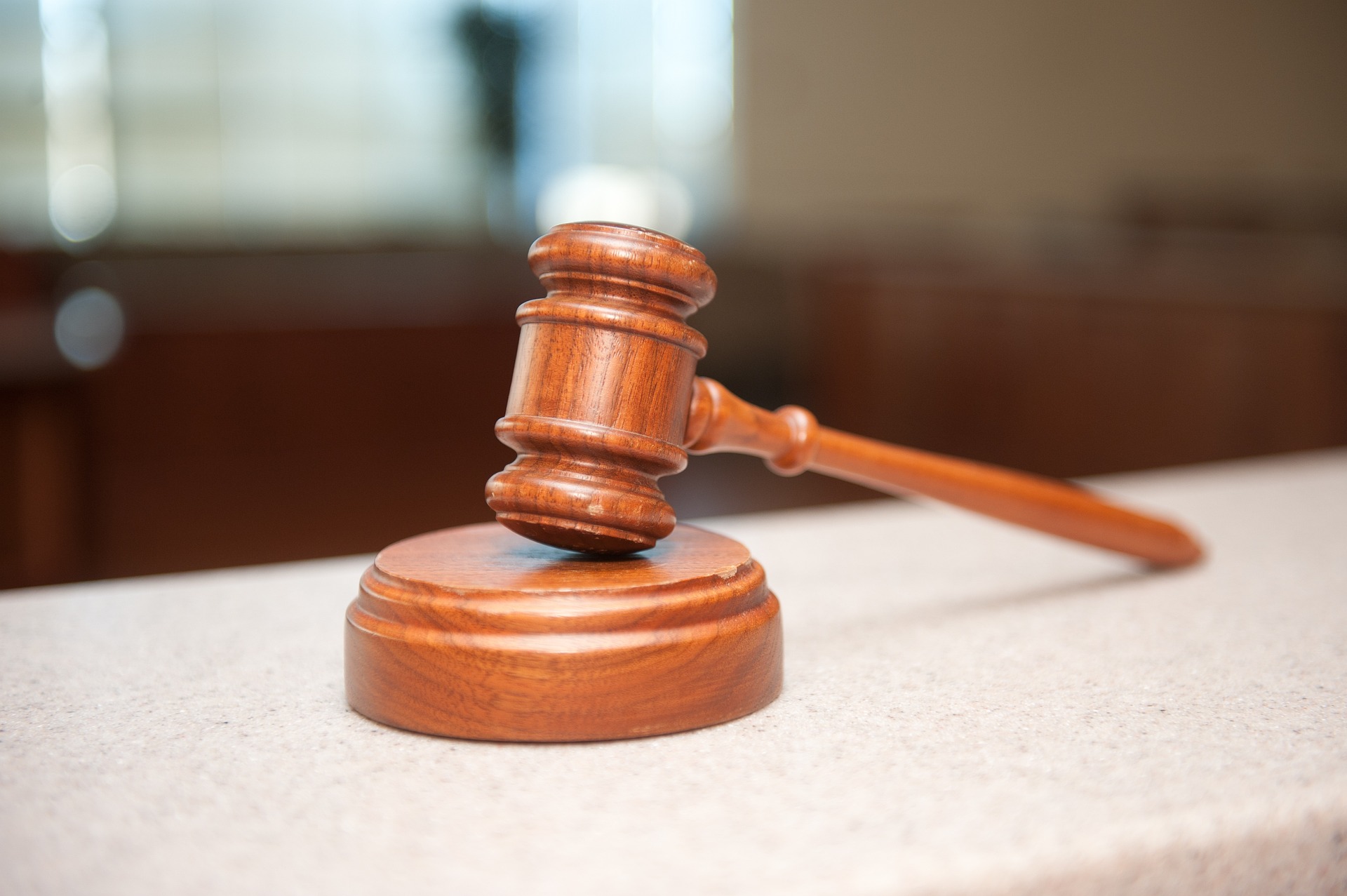The Intricacies of Whistleblower Protections in the United States
Introduction: Whistleblower protections are a critical aspect of modern law, providing safeguards for individuals who expose wrongdoing. This article delves into the evolution of these protections in the United States, current updates, and their societal impact.

Historical Overview of Whistleblower Protections
The history of whistleblower protections in the United States began in 1778, during the Revolutionary War, when the Continental Congress passed the first whistleblower legislation. This law was enacted in response to a case involving two naval officers who reported their commander’s mistreatment of British prisoners. Since then, whistleblower protections have evolved, with the Whistleblower Protection Act of 1989 serving as the cornerstone of modern whistleblower law. It expanded protections for federal employees who disclose illegal or improper government actions.
Current Legal Updates
In recent years, several amendments have been made to the Whistleblower Protection Act, including the Whistleblower Protection Enhancement Act of 2012. This legislation addressed loopholes and weaknesses exposed in the original act and expanded the range of protected disclosures. In 2020, the U.S. Securities and Exchange Commission (SEC) proposed amendments to its whistleblower program rules, which were established under the Dodd-Frank Wall Street Reform and Consumer Protection Act of 2010. These proposed changes, currently under consideration, underscore the ongoing evolution of whistleblower protections.
Implications and Impact on Society
Whistleblower protections serve a vital role in society by encouraging the exposure of corruption, fraud, and misconduct, especially within government and large corporations. They provide a legal safety net for individuals who risk their careers and personal safety to expose wrongdoing that could harm the public.
The strength and effectiveness of these protections directly impact public trust in government and corporate institutions. Robust whistleblower protections can foster a culture of accountability and transparency, deterring potential misconduct. Conversely, weak protections may discourage potential whistleblowers, allowing harmful practices to continue unchecked.
Legal Facts and Research
The U.S. Department of Labor’s Occupational Safety and Health Administration (OSHA) enforces more than 20 whistleblower statutes protecting employees from retaliation. From 2005 to 2019, the SEC’s whistleblower program awarded approximately $387 million to 70 individuals whose information led to successful enforcement actions. These figures highlight the importance and effectiveness of whistleblower protections.
Balancing Depth and Accessibility
Understanding the intricacies of whistleblower protections requires a careful balance of depth and accessibility. While the legal processes involved can be complex, their essence lies in safeguarding the public good by protecting those who expose wrongdoing. These laws have a profound societal impact, shaping our institutions’ transparency and accountability. As citizens, staying informed of these protections helps ensure their effectiveness and evolution in response to changing societal needs.
In conclusion, whistleblower protections in the United States have a rich history, evolving to address changing societal needs and challenges. These laws play a vital role in fostering transparency and accountability, with ongoing legal updates ensuring their continued relevance. With a clear understanding of these protections, citizens can contribute to their effectiveness and evolution.




